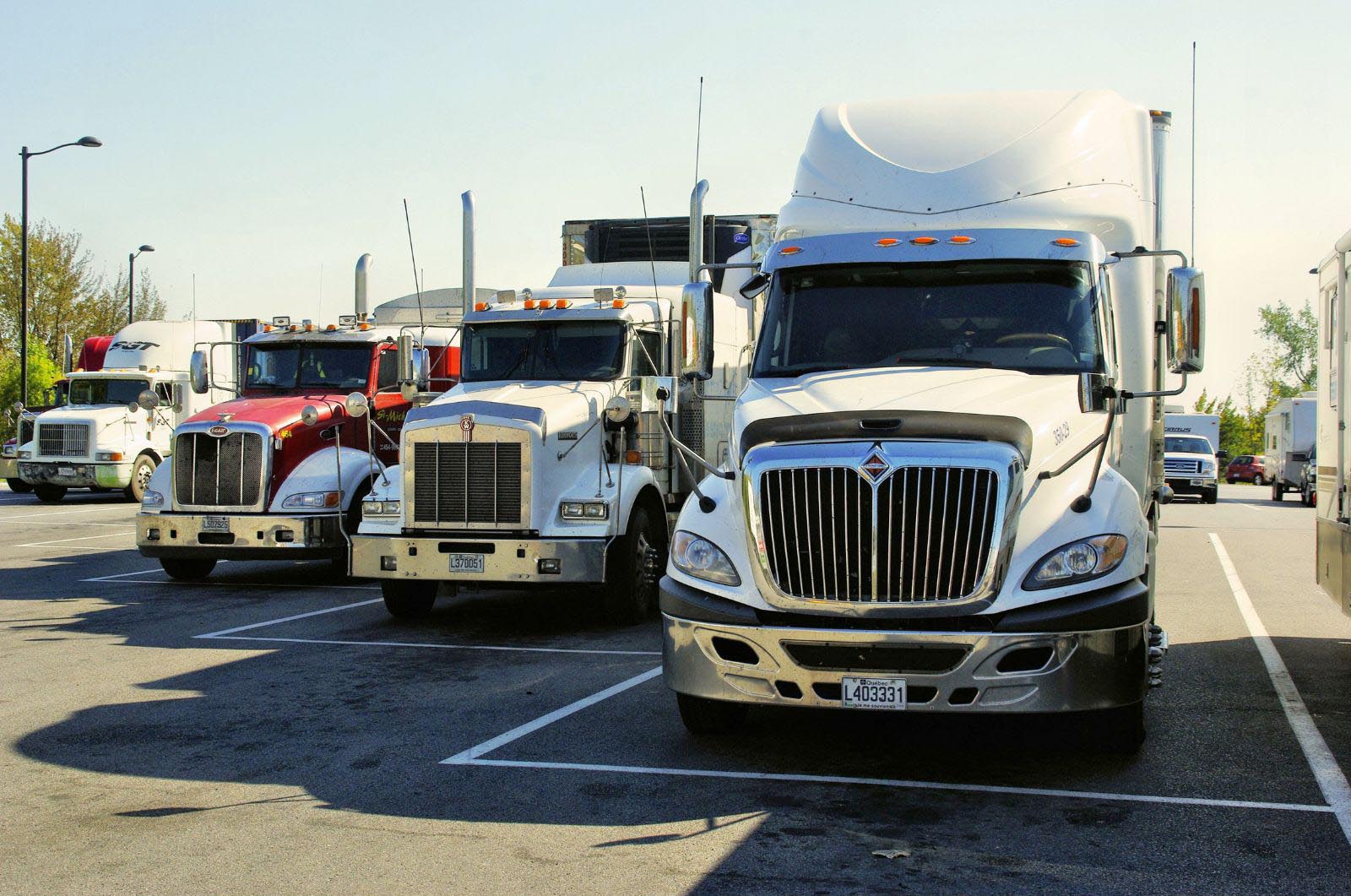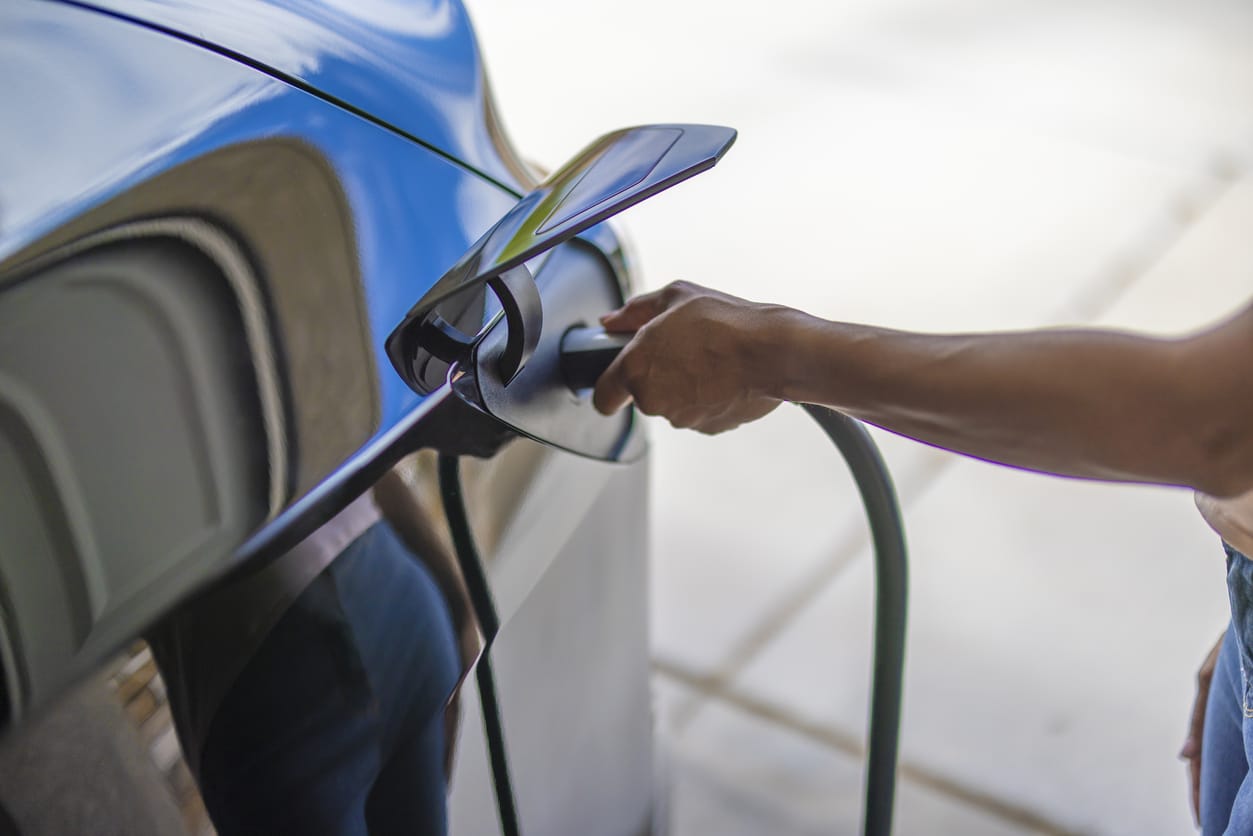There’s a big change happening right now in the transportation industry, especially when it comes to automobile shipping. The industry is being forced to reevaluate its conventional practices due to rising fuel costs and environmental concerns. Electric trailers present a viable alternative that might transform the vehicle logistics industry due to its anticipated advantages in terms of efficiency and sustainability. This change is a calculated strategic move by businesses seeking to stay ahead of the curve and stay innovative in a market that is changing quickly, in addition to being a reaction to government efforts to cut carbon emissions. Electric trailers are positioned to fulfill the growing need for more ecologically friendly solutions by providing a cleaner substitute for the diesel-guzzling vehicles that have long dominated the market.
To further future-proof the auto shipping industry, the use of electric trailers is a proactive measure. Since diesel fuel is often more expensive than electric power, businesses who invest in this technology early on are likely to reap the benefits of lower operating expenses over time. In addition, the integration of modern technology into electric drive systems can provide greater truck management and routing, which can result in increased efficiency with these electric trailers. The entire effect of moving to electric trailers goes beyond only the financial and environmental advantages; it also improves shipping businesses’ reputation as sustainability leaders, which may draw clients who value eco-friendly corporate practices. The transition to electric trailers is a critical turning point in the development of auto freight because of the advantages it offers both financially and environmentally.
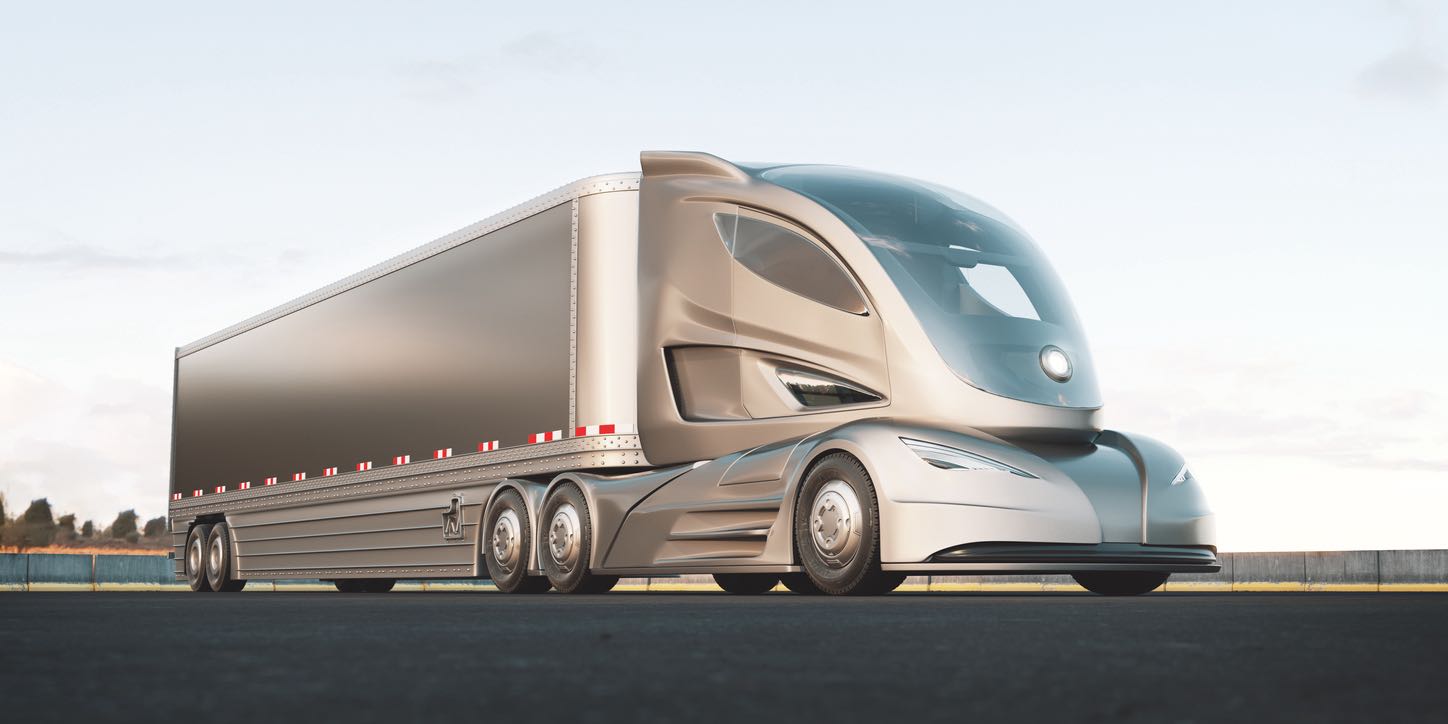
Because of their major negative effects on the environment and the economy, traditional automobile transportation techniques are increasingly coming under more and more criticism. These conventional techniques, which mainly rely on fossil fuels, offer significant issues that call for an immediate reevaluation and adaptation as the global push for sustainability intensifies. The following section explores the main economic and environmental barriers that characterize the conventional auto transportation market and outlines the need for a change to more environmentally friendly options, such as electric trailers.
Sustainability Concerns: Traditional automobile shipment techniques, which require fuel oil, emit greenhouse gases. This environmental effect necessitates reevaluating shipping processes and equipment to satisfy global sustainability goals. As a significant emitter of carbon dioxide and other pollutants, the transportation industry under pressure from environmental groups and stricter government restrictions to reduce emissions. The industry’s dependence on non-renewable energy sources conflicts with global sustainability, underlining the need for greener solutions.
Economic Pressures: Fuel dependence harms the environment and makes shipping costs volatile. Rising gasoline prices have long affected industry operations expenses and pricing strategies. Oil market volatility affects shipping prices, which can hurt automobile transport businesses’ competitiveness and finances. Environmental laws and penalties can strain financial resources, forcing the sector to adopt more cost-effective and fuel-efficient technology.
As a result of pressure from both environmental issues and economic difficulties, the traditional vehicle transportation sector finds itself in a precarious position. The continued use of antiquated, fossil fuel-intensive techniques is become more and more unsustainable from an environmental and financial standpoint. This calls for a radical change in direction toward cutting-edge technologies like electric trailers, which promise to solve these issues and raise the bar for sustainability and efficiency in the sector.
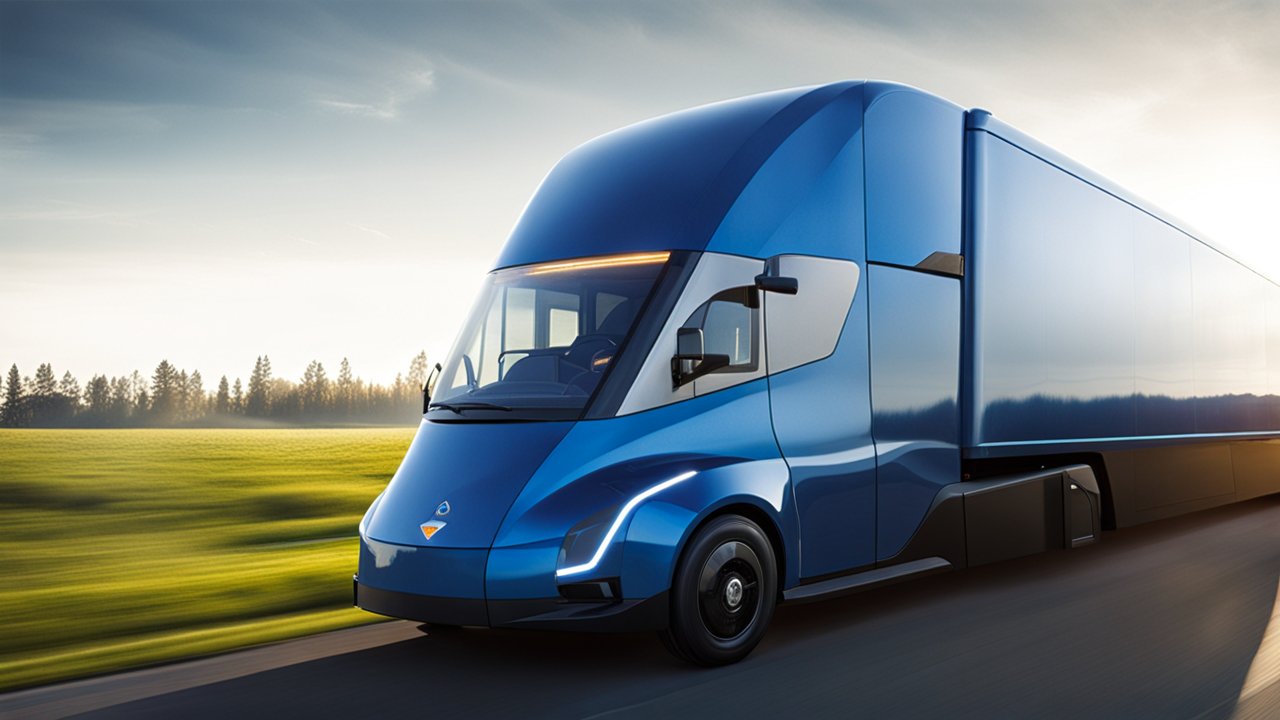
With its ability to solve some of the most urgent issues of the day, electric trailers have the potential to completely transform the auto transportation industry. In addition to reducing their negative effects on the environment, these vehicles also promise to increase operational and financial efficiency. We go into further detail about how these developments might drastically change the face of vehicle transportation below, with an emphasis on cost-effectiveness, sustainability, and increased comfort and safety.
Reducing Carbon Footprints: In the auto transport sector, the use of electric trailers signifies a significant turn in the direction of environmental responsibility. These trailers contribute greatly to the reduction of hazardous pollutants released into the atmosphere by running with zero tailpipe emissions. This supports international efforts to mitigate climate change and lower the carbon footprint of the transportation industry in addition to improving air quality.
Cost Efficiency: Integrating electric trailers with auto freight operations has significant economical ramifications. First off, businesses may protect themselves from fuel price swings by doing away with the requirement for gasoline or diesel. Furthermore, because electric vehicles have fewer mechanical parts and a simpler design overall, they require less maintenance and cost less money. When taken as a whole, these elements encourage more environmentally friendly business practices and may result in cheaper costs for final customers, opening up automobile shipping to more people.
Enhanced Safety and Comfort: The newest advancements in automotive safety technology, such as automated braking and lane departure alerts, are installed in electric trailers. These characteristics improve the overall safety of auto transport operations by making the trailers safer to drive as well as lowering the chance of accidents. Additionally, less noise pollution results from electric motors’ quieter operation. This contributes to a more pleasant environment by improving driver comfort and positively affecting the communities surrounding important transportation corridors.
To summarize, electric trailers represent a substantial advancement for the vehicle transportation sector rather than only a little tweak. Their integration concurrently tackles social, economic, and environmental issues, which makes them an appealing option for any progressive business. It is anticipated that as this technology develops and gains traction, it will fundamentally alter the way cars are moved throughout the nation and establish new benchmarks for accountability and effectiveness in the logistics industry.

The market for electric trailers is expected to grow, but there are still obstacles to overcome, including limitations in battery technology and the requirement for improved infrastructure. These problems are critical because they impact the efficiency and range of electric trailers, which determines whether or not they are feasible for mass deployment. Still, progress is being made, with big businesses leading the way in innovation, such as Tesla. In addition to extending battery life, these businesses are also focusing on improving the infrastructure for charging, which is essential for making electric trailers operationally viable over lengthy distances.
Additionally, as regulations and public awareness of environmental issues increase, more businesses are making investments in clean technology, which is driving up the demand for electric trailers. The use of electric trailers can be accelerated by governments intervening and offering incentives and subsidies for the use of green technology. Investment in electric trailers is still growing because of its promise to make auto freight more economical and environmentally friendly in the future. Electric trailers have the potential to significantly alter the logistics and transportation sectors as technology advances and consumer demand changes.
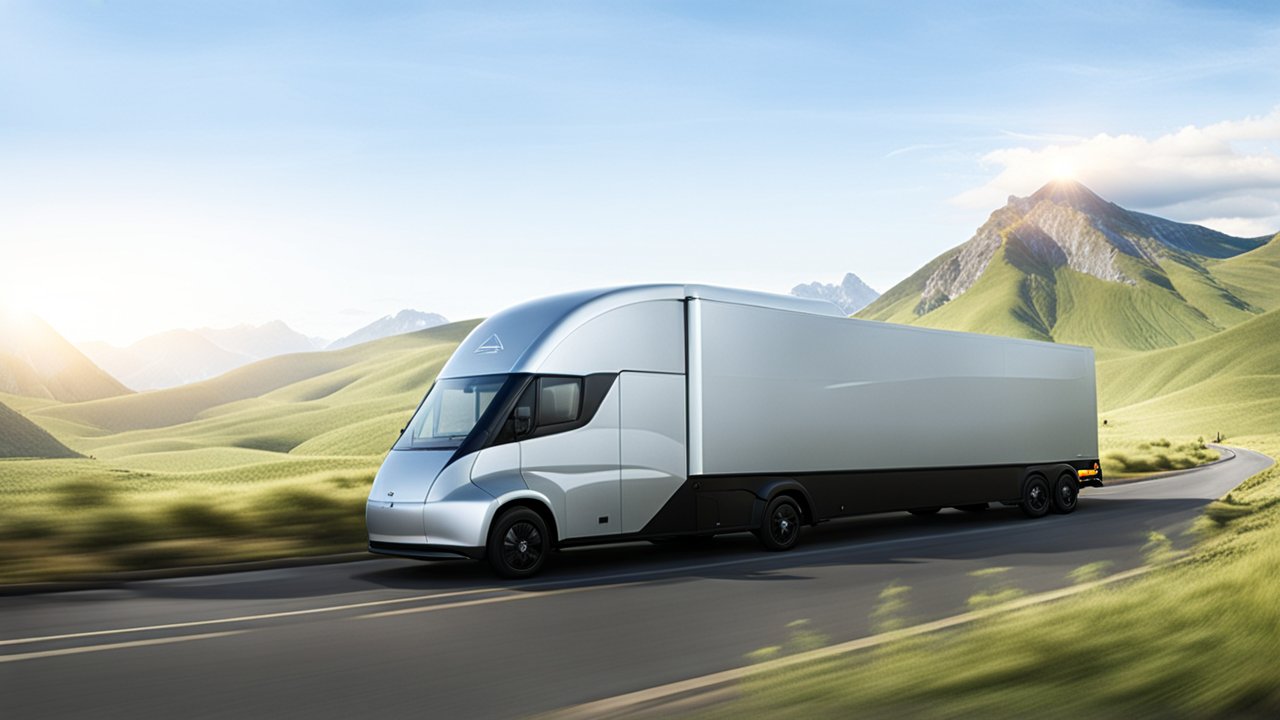
More than merely a replacement for conventional auto transportation techniques, electric trailers are a forward-thinking option that improves safety, helps the economy, and the environment. These trailers will be essential in building a sustainable future as the industry develops. In light of the world’s environmental concerns, the use of electric trailers is not only a fad but rather an essential change towards more accountable and effective behaviors. The automobile shipping industry may drastically lower its carbon footprint by utilizing this technology, opening the door for a greener, more sustainable form of transportation. Companies who lead in green technologies, like electric trailers, are likely to enjoy greater market presence and client loyalty as consumer knowledge and demand for ecologically friendly solutions rise. In fact, the switch to electric trailers may prove to be a game-changer for auto transport in the future and an essential step in the direction of more ambitious environmental objectives.

Ship A Car, Inc. (SAC) is a leader in the auto shipping industry, but it goes above and beyond what other companies can do to satisfy customers and maintain a high standard of dependability. With an exceptional history, as demonstrated by the Better Business Bureau’s (BBB) A+ rating and a plethora of five-star client evaluations, SAC positions itself as a top option for people and companies in need of vehicle transport services. With full licenses from the Department of Transportation (DOT) and the Federal Motor Carrier Safety Administration (FMCSA), SAC guarantees adherence to all safety and legal requirements, giving its customers peace of mind. Beyond simply adhering to regulations, SAC is dedicated to providing proactive client care. Give their friendly transport advisers a call at (866) 821-4555 to experience SAC’s exceptional service and obtain a shipping price that is customized to your needs. In terms of vehicle transportation throughout the US, Ship A Car, Inc. provides unrivaled experience and dependable outcomes, whether for business fleet management, new car purchases, or relocation.
Q: What are the primary benefits of electric trailers in car shipping?
A: As a result of their zero emissions, substantial cost savings, and better safety features, electric trailers are a decision that is advantageous not just for the environment but also for customers.
Q: How do electric trailers contribute to environmental sustainability?
A: Through the elimination of emissions from the tailpipe, electric trailers contribute to the reduction of greenhouse gas emissions from the transportation industry as a whole, so assisting efforts to promote global sustainability.
Q: Can electric trailers really lower shipping costs?
A: Electric trailers may, in fact, save costs by lowering the amount of money spent on fuel and the amount of maintenance that is required. This is beneficial to both the shipping companies and their consumers.
Q: What challenges does the electric trailer market face?
A: In order for the market to fully realize the potential of electric trailers, it is necessary for the market to overcome issues connected to battery technology and the development of infrastructure that is supporting.

